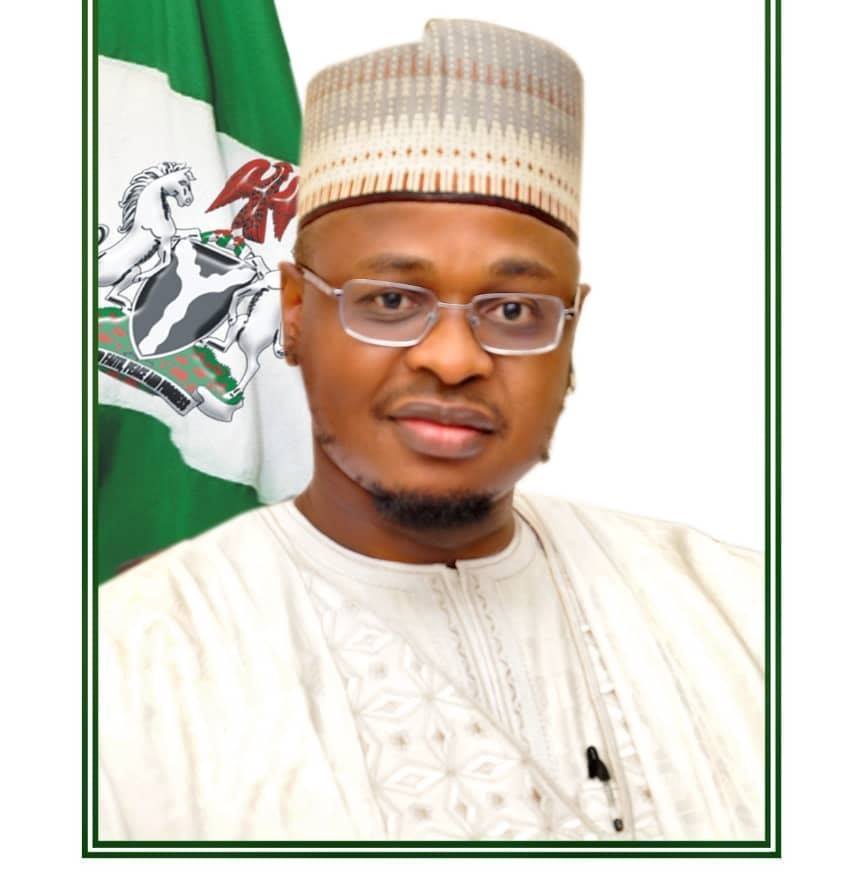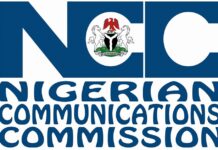- Experts Say Competence Is Key
By Aaron Ukodie
With the appointment of Dr Ali Pantami, as Communication Minister, the North now, fully, seats at the top of policy making, regulation and standards setting of Nigeria’s Communication and Information Technology (ICT) industry. The control also includes management of key industry agencies except NigComSat, where Mrs Abimbola Alale, who is from the south-west, seats as managing director.

NigComSat is currently slated for privatization, though the new communication Minister favours commercialization; that means the retention of the status quo. It is not clear yet, if he would work to stop the Bureau for Public Enterprise’s (BPE) plan to privatize the satellite company.
Though the current constitution of Nigeria’s ICT policy and regulation’s administrative structure seems to tilt towards a certain part of the country, industry stakeholders say what is core is competence. According to those eWorldnews spoke with, irrespective of where the appointees come from, if they are qualified to mount the saddle and capable to move the industry forward “then they should take a bow.”
The roll call: The current permanent secretary of the Ministry of Communication is Musa Istifanus. The Executive Vice Chairman of the Nigerian Communications Commission (NCC) is Professor Umar Danbatta. The Chief Executive Officer of Galaxy Backbone is Yusuf Kazaure, while the Director-General of National Identity Management Commission (NIMC), the body saddled with the responsibility of giving identity cards to Nigerians and managing the country’s data repository is Aliyu Aziz. Aliyu who was the pioneer staff of NIMC took over from Mr Chris Onyemenam, who was appointed by President Jonathan.
Aziz was a pioneer staff of NIMC and the Director, Information Technology / National Identity Database Department of NIMC before he retired in 2014. He was later appointed in November 2015 as DG.
When Pantami, who came in to take over form Peter Jack, in 2016, as NITDA DG, vacated the position, following his appointment as minister, Inuwa Kashifu, Pantami’s Technical Assistant, who was seconded from the Central Bank of Nigeria in 2016, was asked by Buhari to take over.
Though the National Office for Technology Acquisition and Promotion (NOTAP), is under the ministry of science and technology, the agency, currently occupied by Dr. DanAzumi Mohammed Ibrahim has a lot of influence on the activities of the IT industry, as it is responsible for granting patents to software and plays a role in clearing IT contracts.
Ibrahim took over from Umar Buba Bindir, who was appointed by Goodluck Jonathan, though president Buhari reappointed him for a second term.
In the past administration of Goodluck Jonathan late professor Dora Akunyili and Dr Omobola Johnson were ministers of Communication. Kazaure, who is running his second term at Galaxy Backbone was appointed by Jonathan to take over from Gerald Ilukwe.
Ahmed Rufai, who Abimbola Alale took over from at NigComSat, was appointed by Jonathan, while Dr Eugene Juwah was replaced by Professor Umar Danbatta. Danbatta had been appointed by the Late Musa YarAdua/ Jonathan administration as Vice president of the Digital Bridge Institute, a unit of the NCC.
The appointment of Prof Danbatta, who is still running his first term, and is due for a second term because of his sterling performance at NCC, did not come to industry watchers as a surprise. The same goes for the appointment of Kazaure, as deputy to Gerald Ilukwe, and pioneer staff of Galaxy Backbone. Since his appointment, Kazaure has run the e-government agency creditably well.
Commenting on the recent appointments, President of the Association of Telecommunication Companies of Nigeria (ATCON), Olusola Teniola said the appointment of Pantami and Inuwa were appropriate for the industry.
According to him the industry needs to attract youthful individuals with requisite qualifications and both Pantami and Inuwa are eminently qualified for the positions they now occupy. Pantami is 47, while Inuwa is 39 years old.
“I personal know these individuals and have worked with them; they are competent to run the agencies. I am willing to work with them.
“I identify with their youthfulness and the industry needs youthful interventions; they are both coming with youthful thinking, and I want them to challenge the status quo.
“We have a growing population of youths that need to be employed and I look forward to them making the industry create ICT jobs”, Teniola said.
Mr Chris Uwaje agrees with Teniola. He says: “I think the issue that should be considered in these appointments is competence. Competence is core. If the current appointments are what are needed to move the country forward so be it.
“But beyond the current appointments, the industry does not still have the right structure to move it forward. The industry policy is now over 18 years. The IT profession should not be confined to the industry alone. We should have a structure were IT professionals are represented at top government levels and at various agencies.
“Who is the national IT adviser to the president and what is the president doing to move ICT forward. These are the direction countries that are serious in developing their ICT sector are looking at”, Uwaje added.
Chairman of Association of Licensed Telecom Operators of Nigeria (ALTON), Gbenga Adebayo, shares their views: He says: “If the north is where the expertise is found for the ICT industry, so be it.
“Time has come when we need to go away from considering quota system in appointments; we should look at their individual merits. We need to begin to readdress ourselves to this fact. The new appointees are qualified and competent to hold the offices.
“What we should now pay attention to is nation building; we should look at how we can build a robust and resilient ICT infrastructure”, he concluded.










